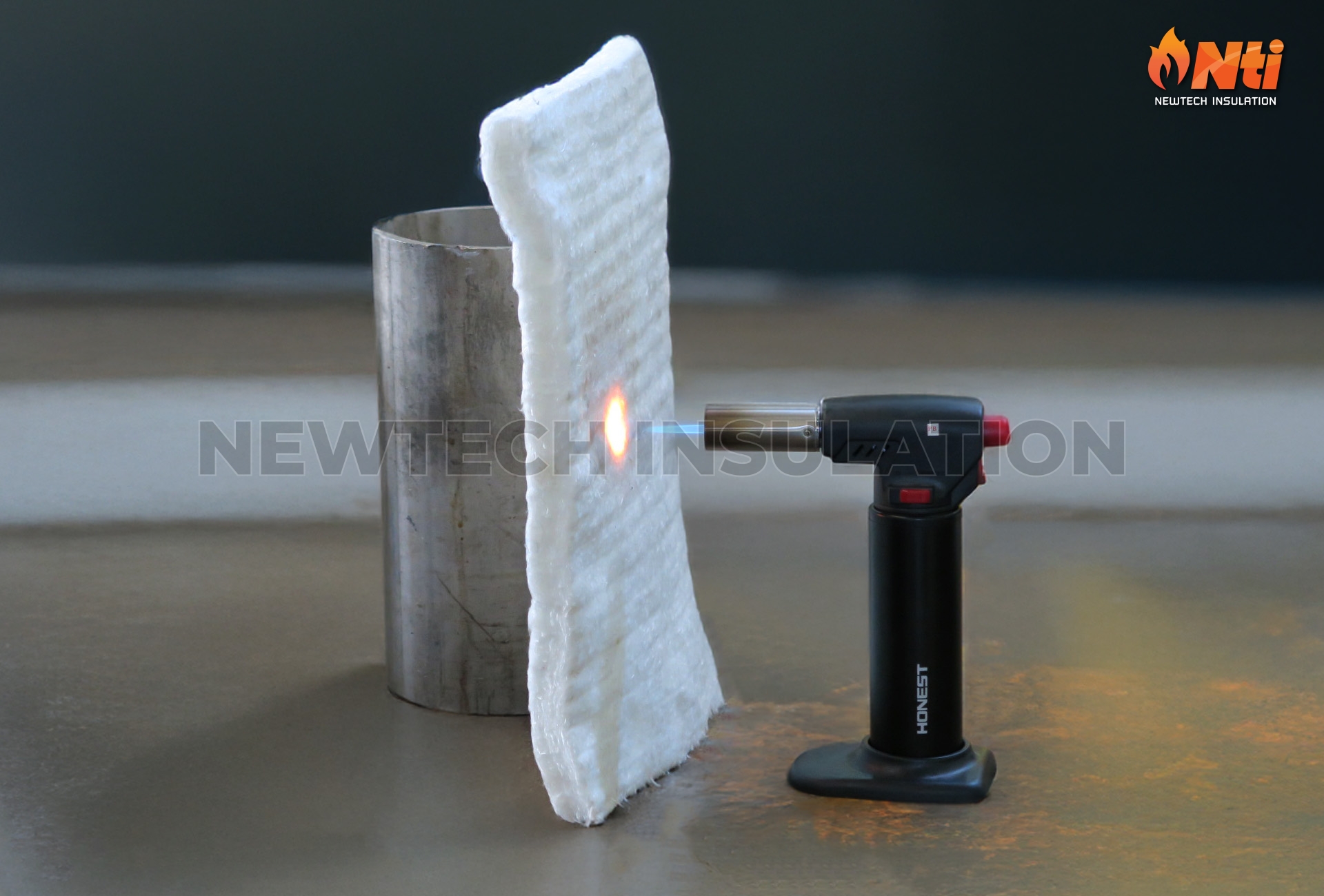
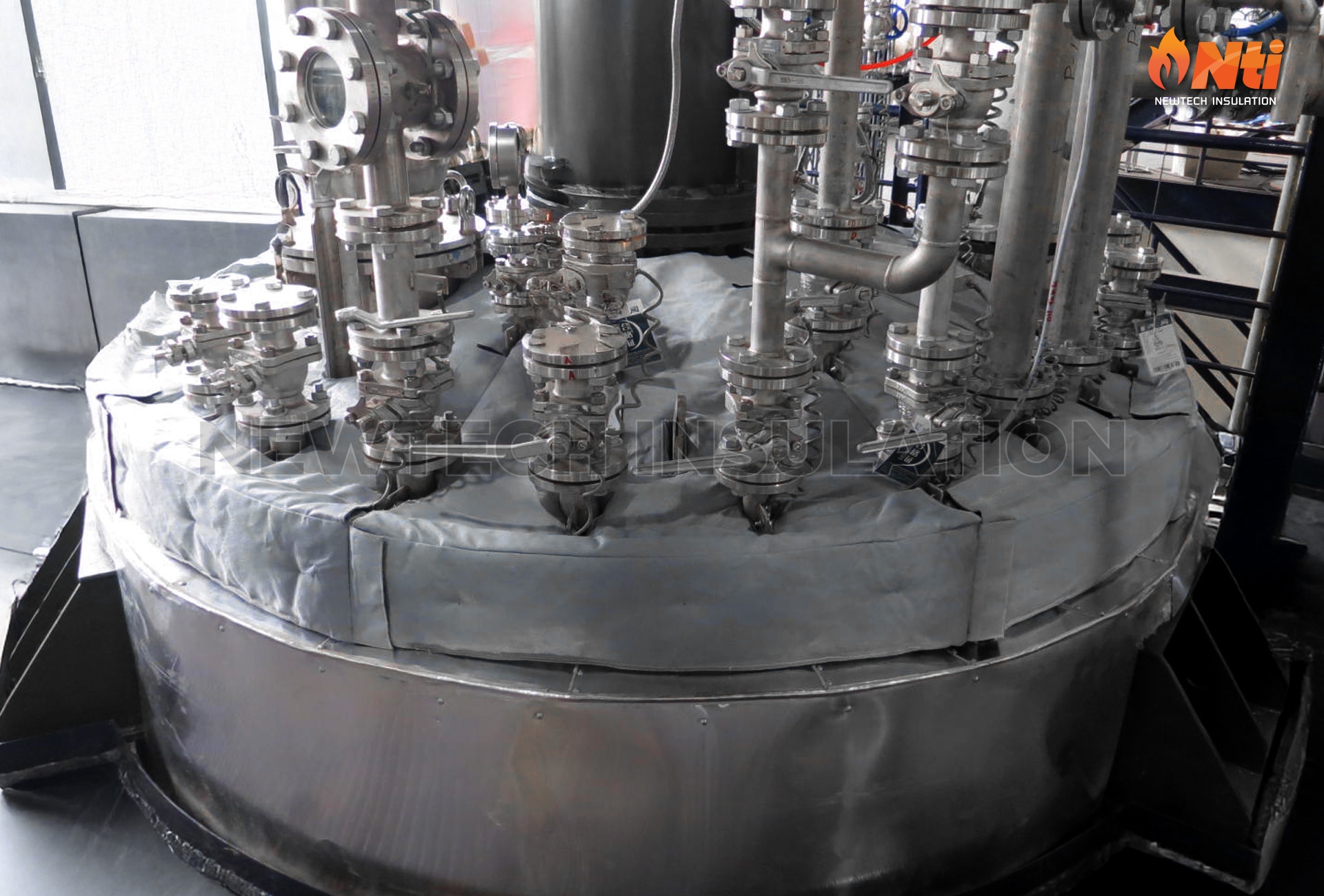
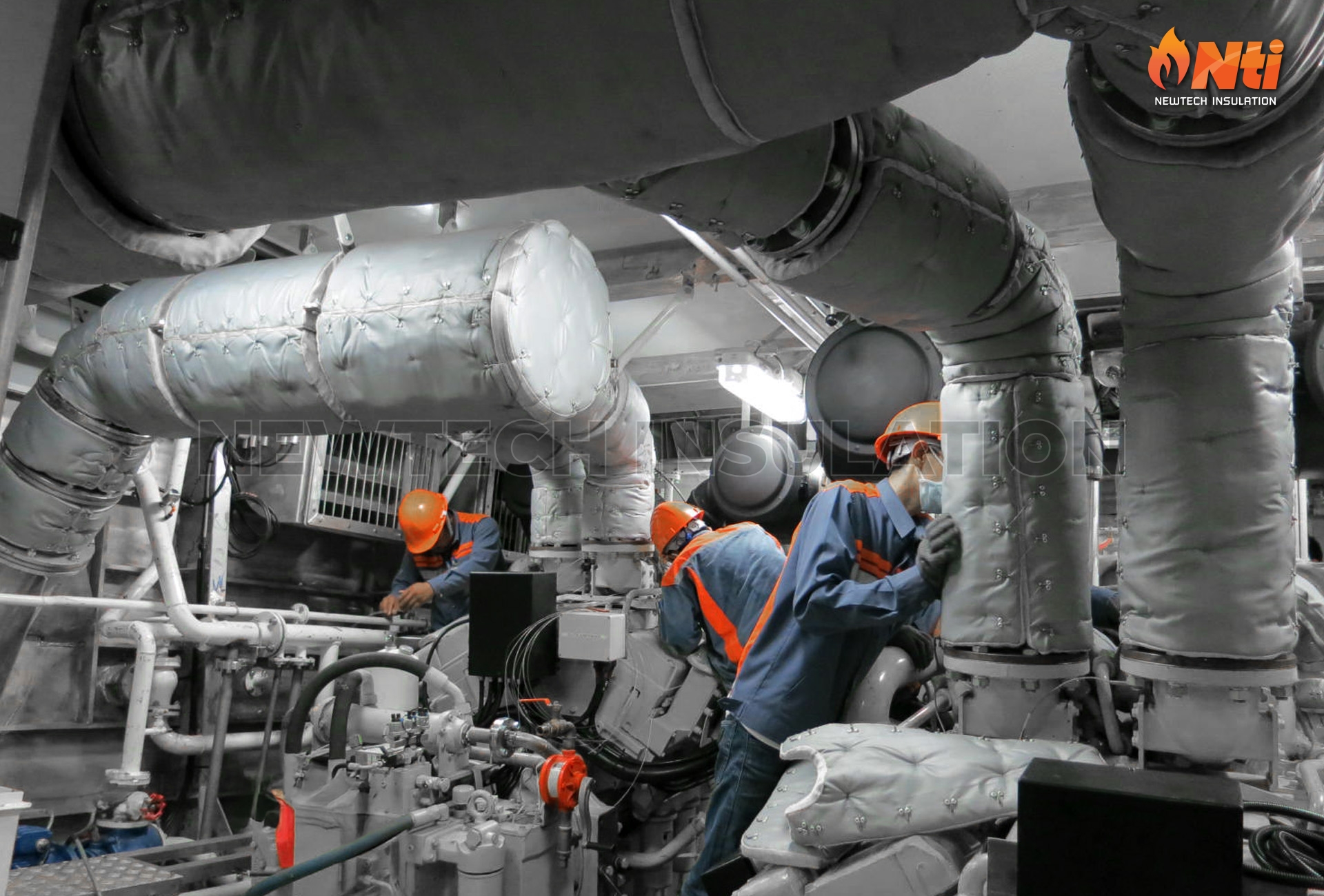
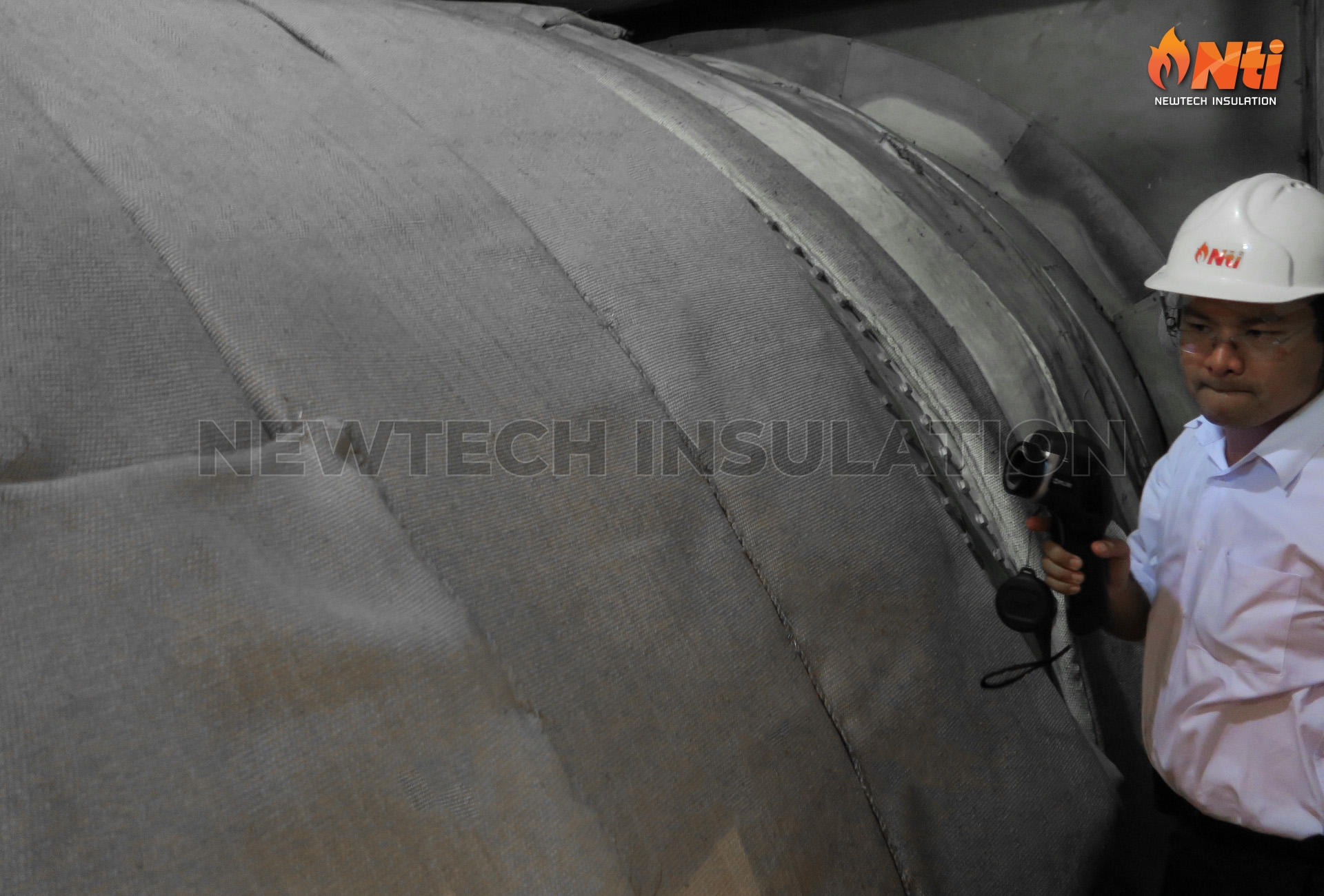
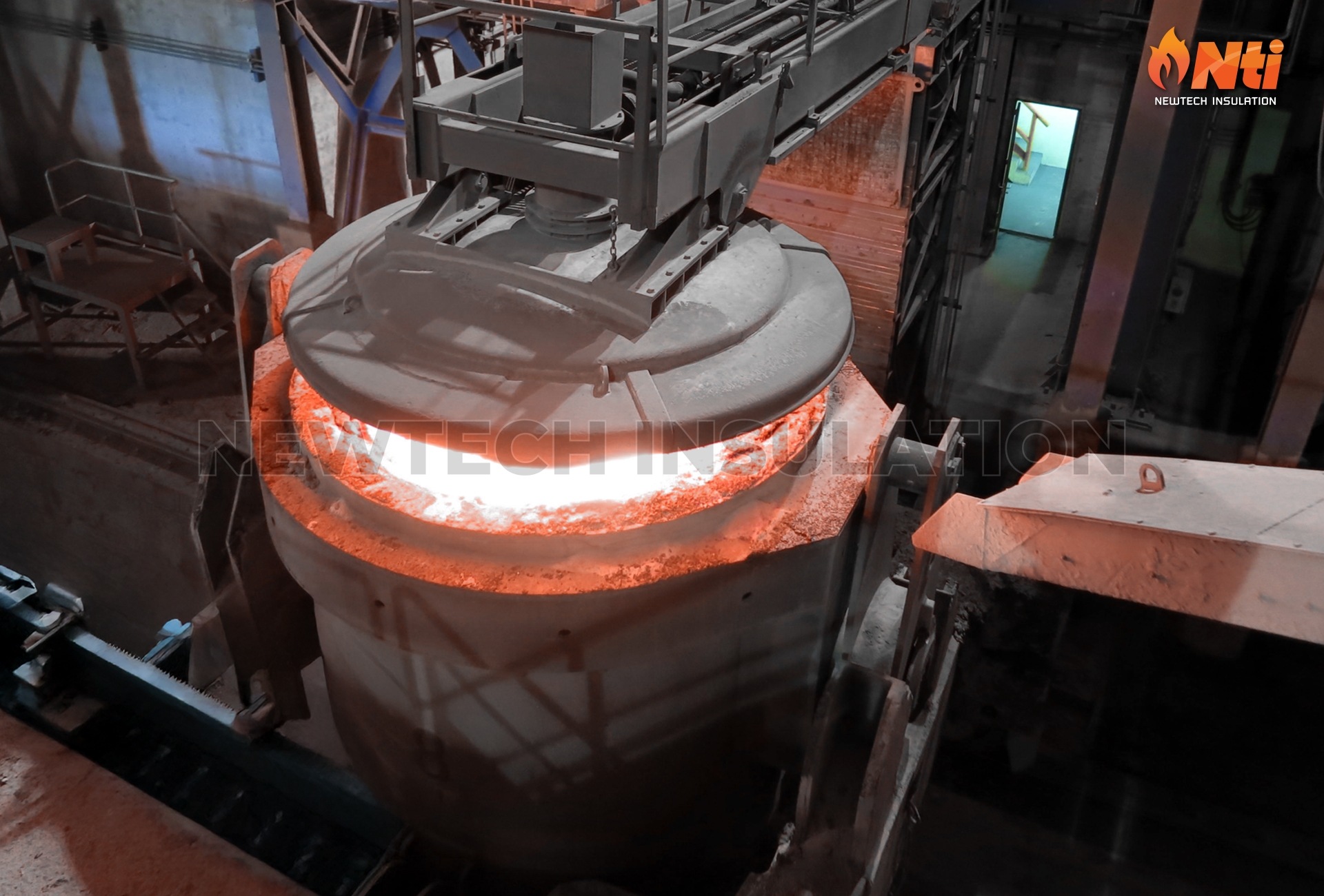





Any unauthorized copying, reproduction, modification, or distribution of any part of this content is strictly prohibited without written permission from Newtech Insulation Company Limited. Any violation will be prosecuted to the fullest extent of the law.
For those tasked with reducing heat or energy costs through thermal insulation, questions or uncertainties may arise about selecting appropriate insulation that provides good value for investment. NTI summarizes key considerations when choosing thermal insulation as follows: